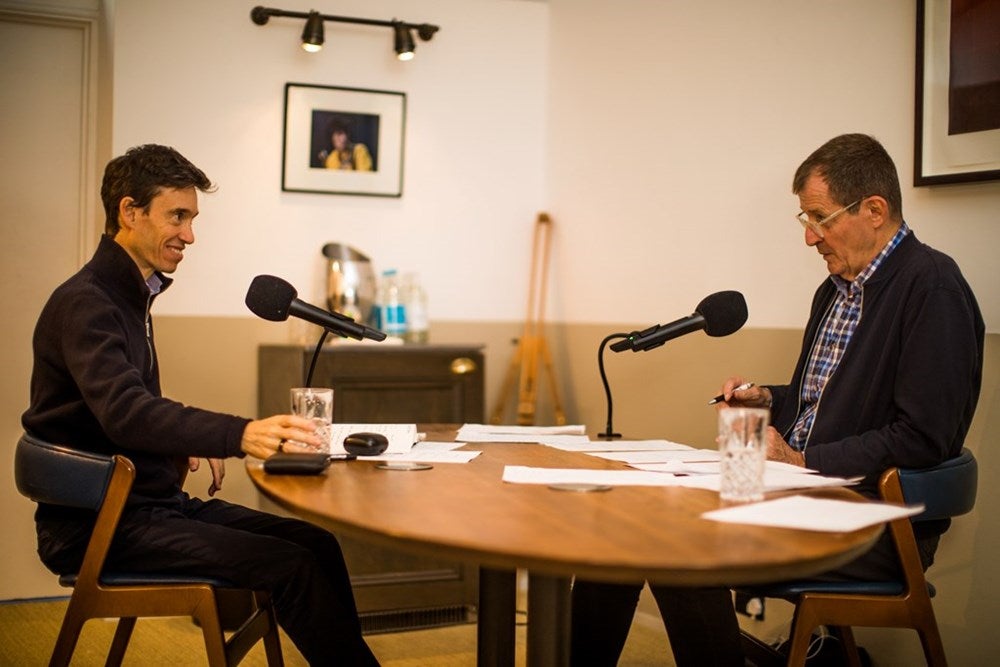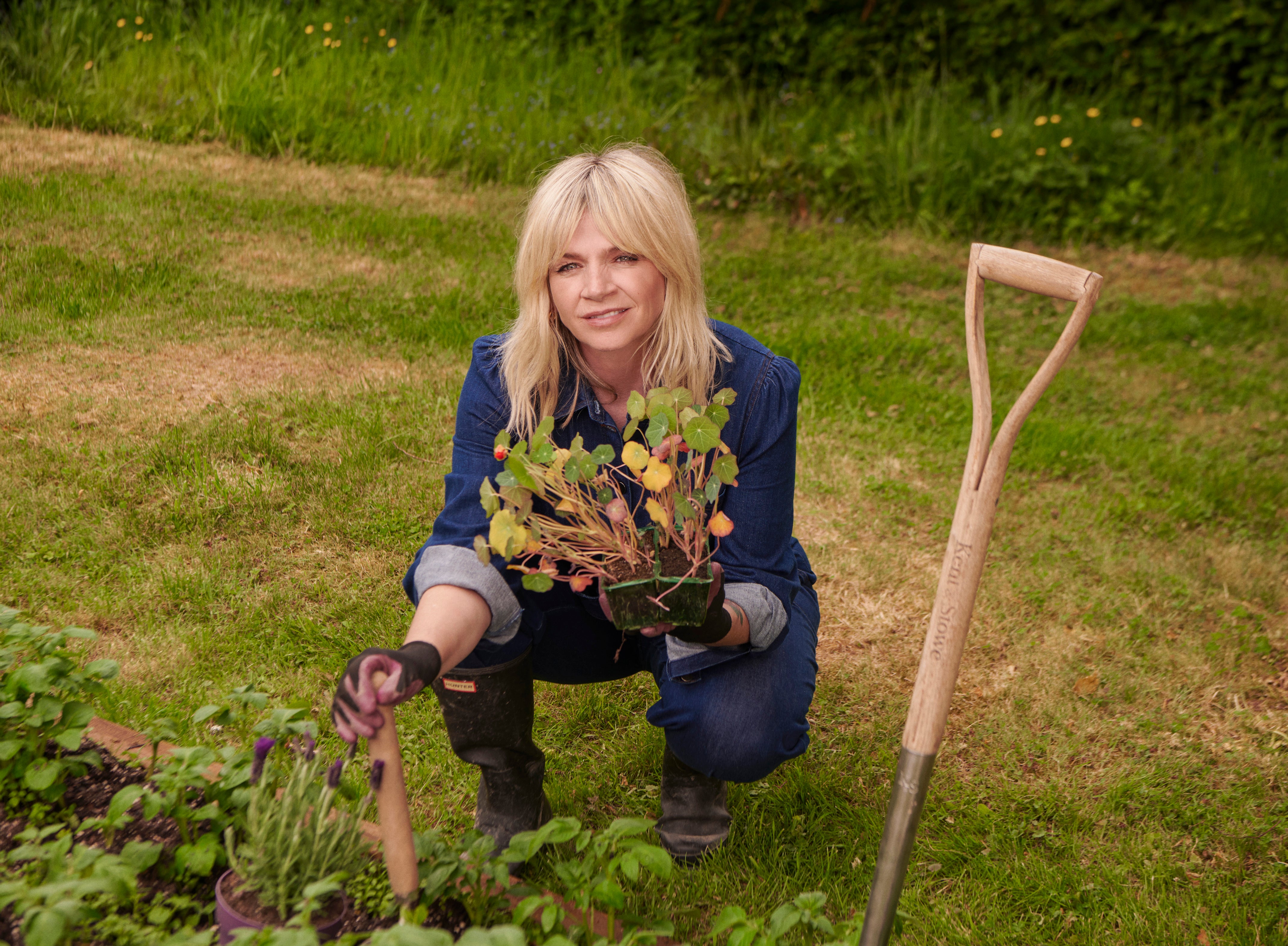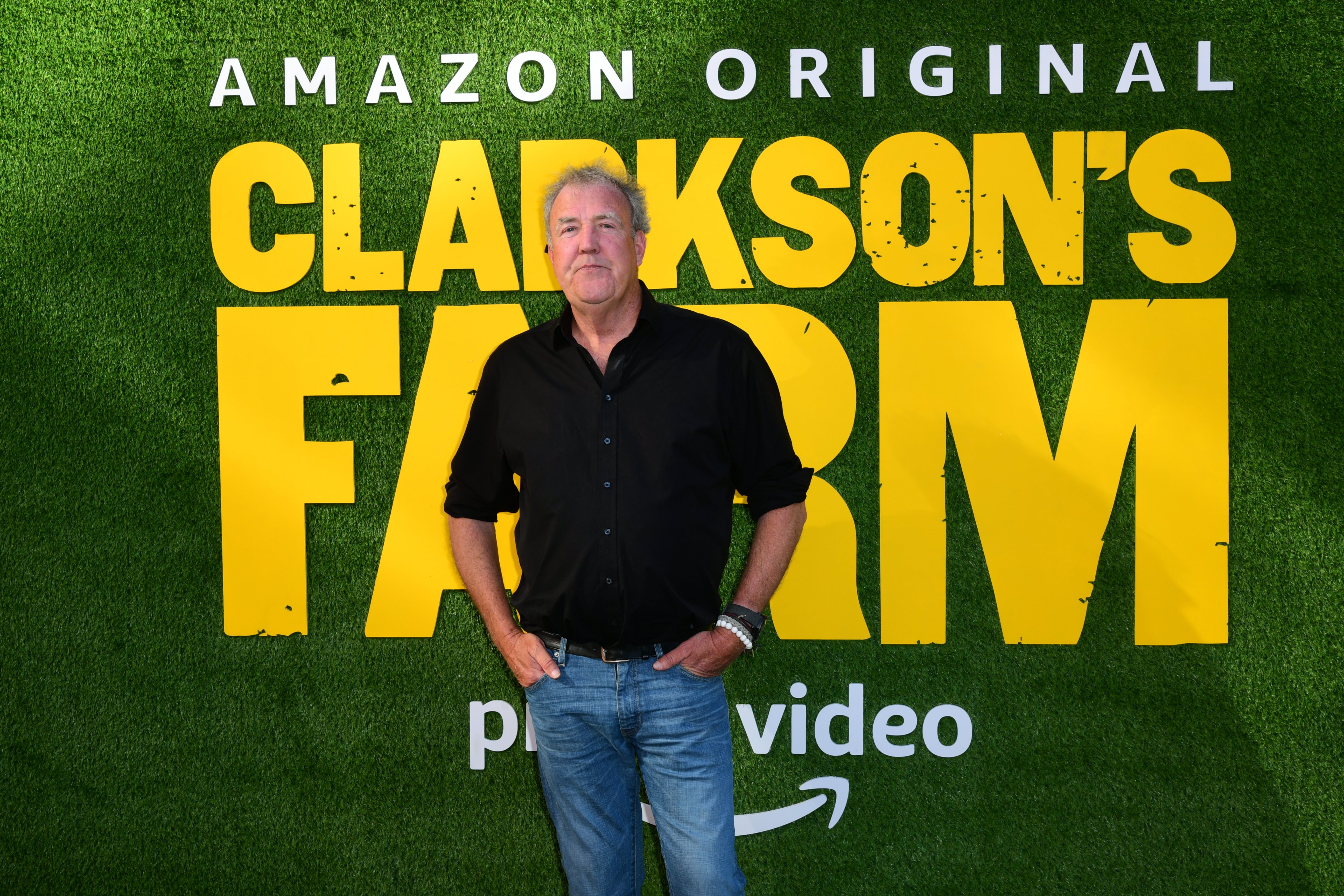I’ve found the key to midlife career reinvention in a world run by young people
From redundancy to AI, there are all kinds of threats that can derail your working life as you climb the ladder. But, says Grant Feller, just when you think it might be over, it isn’t – because with age comes a superpower that younger generations are terrified to use


There’s a brilliant comedy sketch in which Alexander Armstrong boasts to fellow plane passenger Ben Miller about his busy job criss-crossing the world for important meetings. “What do you do?” Miller asks. An exasperated Armstrong raises his hands and replies: “I don’t know. I have literally no idea.”
Neither do I. And yet this week, at an age when I’m supposedly meant to be slowing down, I landed the biggest contract of my career – my new career, not the old one. I’m living proof that the International Monetary Fund is right when it says “70 is the new 50”, because the mental capacity of older people now far surpasses that of previous generations. However, in concluding that we can work longer, they miss a crucial point about succeeding in a world run by people younger than you.
The secret, I’ve learned, is to make it up as you go along.
For the past 12 years, I’ve gradually built a company that defies every piece of business advice from successful entrepreneurs, executives, and manuals – the kind that insists you must have a plan with specific goals that define your purpose, and deliver a sustainable strategy.
When I was made redundant at 43, I sat in my kitchen with my head in my hands, wondering whether it was time to turn my back on the profession I’d loved for years. Should I reinvent my life, find a gap in the market, and become my own boss? “The biggest mistake you can possibly make,” warned a friend and former colleague. “You’re too old for that, mate.”
But in the years since, I’ve built a corporate training business from scratch – one that now earns a much healthier six-figure income than I ever would have enjoyed had I stayed in my old job in media.
And I’m not alone in my reinvention. More middle-aged people are doing the same. A third of 45-55-year-olds reportedly want to change their career “before it’s too late”. When I speak to people considering that leap, they always ask:
“But how do I do it?” As if I knew. Actually, I do. Wing it.
When you hit middle age, you’ve earned the right to become an MIU – a make-it-upper. And while I’ve made plenty of mistakes along the way, I now realise that my naivety, foolishness, shortsightedness, kamikaze-like bravery, and occasional detachment from reality have worked in my favour. I’ve made a success of my second career exactly because I have ignored the accepted wisdom of having a plan.
A few days ago, a global titan asked me to help them because of my unconventional approach. Of course, they didn’t say “making it up”. Instead, they talked about all the qualities that AI will gradually eliminate from the workplace: spontaneity, mental agility, creative problem-solving, and adaptability.

I’m now being brought in to help train, coach, and mentor teams in these skills – or, as I call it, the lost art of making it up as you go along.
You could say I’ve had the perfect training for MIU. First, I was a journalist for more than two decades – a job where making it up as you go along is practically a prerequisite. Second, I’m a dad twice over to now-grown-up children who still think I know the answers to life’s big questions. Now, in my entrepreneurial career, I’ve discovered that success depends on not being afraid to make it up, to trip up, and to get up again.
Sure, you can follow the slick advice in business books – plan every detail, be strategic. That may work. But you won’t experience the rare joy of succeeding later in life without having a clue what you’re doing.
It’s better to be 50 than 40. Age is your secret weapon. Everyone – from Gen X to Gen Alpha – wants what you have: life experience at the sharp end. They don’t want you to mimic their skills – they want your skills. The old-school stuff that actually works in a world of shrinking attention spans.
Your experience becomes even more valuable in a different environment. At the heart of the MIU “strategy” is the idea that you step into a job you know nothing about, then apply the skills that industry desperately needs. You’re there to improve something, not just maintain the status quo.
And the more mistakes you make, the better.
Einstein once called compound interest “the eighth wonder of the world”. In this context, it’s about making small, incremental changes that gradually iron out flaws. Watch what others are doing, copy it, and then make it better – knowing that wrong turns are part of the journey. Business gurus call this “rapid iteration”. I call it quietly panicking while appearing calm.

Being an MIU also means getting comfortable with losing control. I spent most of my forties worrying about that – about my career, finances, and life in general. But I eventually realised that everyone’s apparent stability is often just smoke and mirrors. By embracing that fear – because I had no other choice – I got stronger. I’m still rarely sure of what I’m doing, but now I believe most people aren’t either. And by being honest about that, I’ve learned to trust myself more.
Letting go of control also makes you a better listener. I no longer walk into meetings with a rigid script. Instead, I let others influence how I respond. That flexibility, or “fluidity”, to use modern parlance, is a superpower. Most people in meetings are too busy preparing their next point to actually listen. When you’re MIU, your next move depends entirely on what’s being said in the moment.
And yes, winging it takes energy. You’re flying by the seat of your pants, which means your brain is fully engaged. There’s no autopilot. It’s more exhausting not knowing what you’re doing – but that’s also where growth happens.
Of course, making it up doesn’t mean not preparing. Do your homework. Know the people, the politics, and the goals of those in the room. But when someone asks if you can do something you’ve never done before, say yes – then buy a book on Amazon that explains it. Everything’s basically common sense, except maybe brain surgery.
Eventually, it all boils down to two things. Ideally, two niche things. One that you know you can do – the “banker”. And one that might become your next big thing – but will take time to discover.

And finally, recognise that you are a nobody. Be proud of it.
When you have status, you can’t be seen to be making it up. You’re “important”. But when you start reinventing yourself, all those titles and trappings of success suddenly mean nothing. You’re a nobody – and that is so freeing.
It also means doing what most people tell you not to: give stuff away. Be generous with your time, your ideas. Stop guarding your intellectual property like it’s gold. You’re a nobody, it doesn’t matter. But it will come back to you in spades. And whatever you think you should charge? It’s probably 50 per cent too high.
But in MIU mode, that doesn’t matter either. Those small wins? They grow.
Good luck!
PS. You can forget everything I said. You’re making it up, remember!
Join our commenting forum
Join thought-provoking conversations, follow other Independent readers and see their replies
Comments

Bookmark popover
Removed from bookmarks